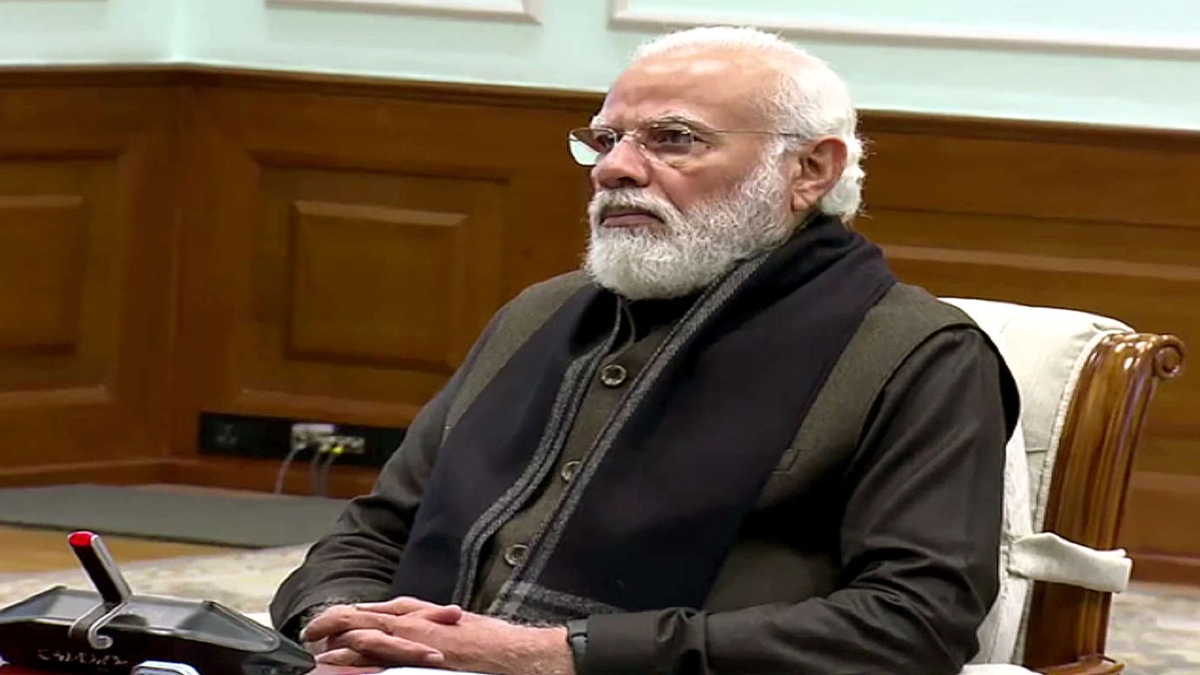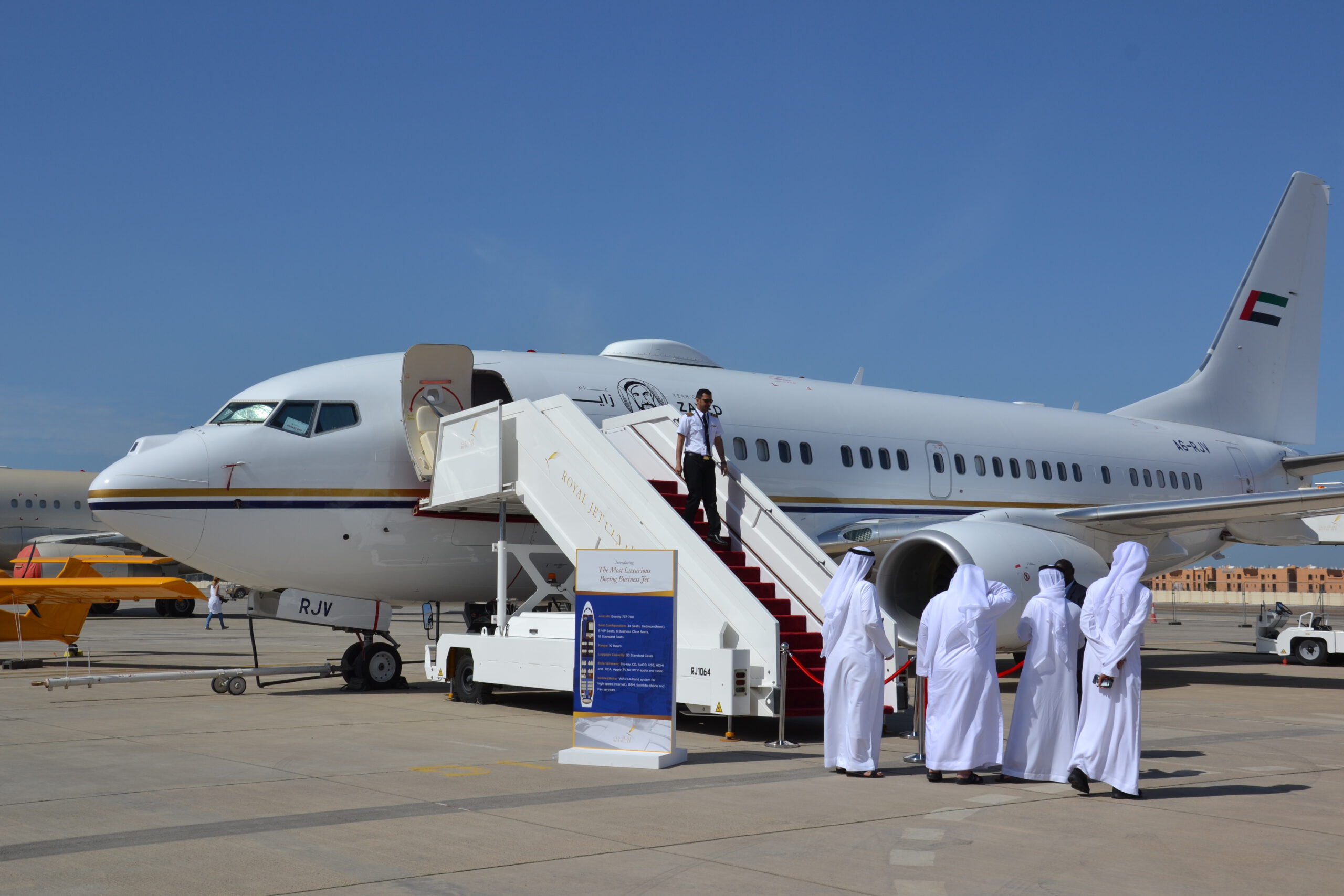
With the Sino-Indian rivalry over Central Asia heating up, Prime Minister Narendra Modi on Thursday hosted the first India-Central Asia Summit in a virtual format, and set “three major goals” that will take the ties between the Central Asian Republics (CARs) and New Delhi to much higher levels. PM Modi said that Central Asia was central to India’s vision of an integrated and stable extended neighbourhood.
“First, to emphasise that mutual cooperation between India and Central Asia is necessary for regional security and prosperity, I want to make it clear that Central Asia is central to India’s vision of an integrated and stable neighbourhood. The second goal of today’s meeting is to give an effective structure to our cooperation, which will pave the way for the establishment of a platform for regular interaction among all stakeholders. The third goal is to prepare an ambitious roadmap for our cooperation, which will enable us to adopt an integrated approach for regional connectivity and cooperation,” PM Modi said at the summit. PM Modi is said to have had a detailed discussion with the CARs’ presidents on the crisis in Afghanistan and security concerns resulting from the same.
In a significant development, India and the five Central Asian countries decided to establish a joint working group on Afghanistan at the senior officials’ level. This working group will frequently meet and discuss the collective Afghan strategy, sources added.
Presidents of five countries, namely Kazakhstan, the Kyrgyz Republic, Tajikistan, Turkmenistan, and Uzbekistan participated in the summit. PM Modi also discussed India’s energy security issue with these leaders.
Diplomats told The Daily Guardian that “PM Modi has a long-term comprehensive plan to engage with all the five Central Asian nations, keeping in mind China’s strategy to expand its presence and influence in the region.” In what highlights China’s ambition in the Central Asian nations, Beijing had made a surprise announcement to hold a virtual summit with the CARs on 25 January, which was two days before India’s similar exercise which India had decided over a month in advance.
Accordingly, Chinese President Xi Jinping chaired the virtual summit with the Presidents of these five CARs to “mark the 30th anniversary of the establishment of diplomatic relations”. This was touted as China’s first major diplomatic action on Central Asia this year.
Sources told TDG that a comprehension plan has been drawn up to hold more exchanges between India and CARs where the agenda set by PM Modi will be taken forward. PM Modi himself set the tone by emphasising on the need for “India and Central Asian countries to define an ambitious vision for the coming years. He acknowledged the completion of 30 “fruitful” years together in diplomatic relations, saying in his initial remarks, “Our cooperation has achieved many successes over the past three decades.” “And now, at this crucial juncture, let us define an ambitious vision for the coming years as well,” he added.
Later, it was decided that the summit level meet will take place once every two years. A secretariat “India-Central Asia Centre” will also be established in New Delhi for the India-Central Asia summit. This information was shared by Secretary (West) Reenat Sandhu. On a question related to China’s perspective with regard to CARs, Sandhu said, “Relations stand on their own merit. Focus of the summit is purely on further strengthening India, Central Asia partnership.”
Significantly, this is the first engagement of its kind between India and the Central Asian countries at the level of the leaders. The first India-Central Asia Summit, the Ministry of External Affairs (MEA) said, is a reflection of the country’s growing engagement with the Central Asian countries, which are a part of India’s “extended neighbourhood”. PM Modi had paid a visit to all Central Asian countries in 2015. Subsequently, there have been exchanges at high levels at bilateral and multilateral forums.
In his initial remarks at the summit, PM Modi said, “We all are concerned about the Afghan situation and this makes cooperation between India and Central Asia all the more important for regional stability and security.” The virtual summit saw the participation of five Presidents—Kazakhstan’s Kassym-Jomart Tokayev, Uzbekistan’s Shavkat Mirziyoyev, Emomali Rahmon of Tajikistan, Turkmenistan’s Gurbanguly Berdimuhamedow and Sadyr Japarov of Kyrgyz Republic.
The engagement between PM Modi and Presidents of five CARs assumes significance in view of the global power rivalry in the Central Asian Republics, with Pakistan and China working together to stonewall India’s approach to this region.
According to sources, PM Modi spoke about Afghan situation in light of the shared concerns that terror groups will gain ground support from the new regime in Afghanistan. The concern was also that the Taliban itself is working in close tandem with Pakistan-backed terrorist groups. “Afghanistan was discussed, all the countries share the same concerns and same objectives,” says MEA.
Meanwhile, the Delhi Declaration of the 1st India-Central Asia Summit was issued after the summit. The document says that the sides agreed to the organisation of activities including issuance of joint postal stamps to mark the 30th anniversary of the establishment of diplomatic relations between the countries of Central Asia and India. The leaders reiterated their commitment to strengthening the links between all modes of transport to ensure stable and reliable international transport. All the countries stressed on giving priority to the connectivity projects for transportation facilities between India and Central Asia. “India and Central Asian member countries of INSTC as well as the Ashgabat Agreement on International Transport and Transit Corridor called upon the other Central Asian countries to consider joining these connectivity initiatives,” says the declaration.















